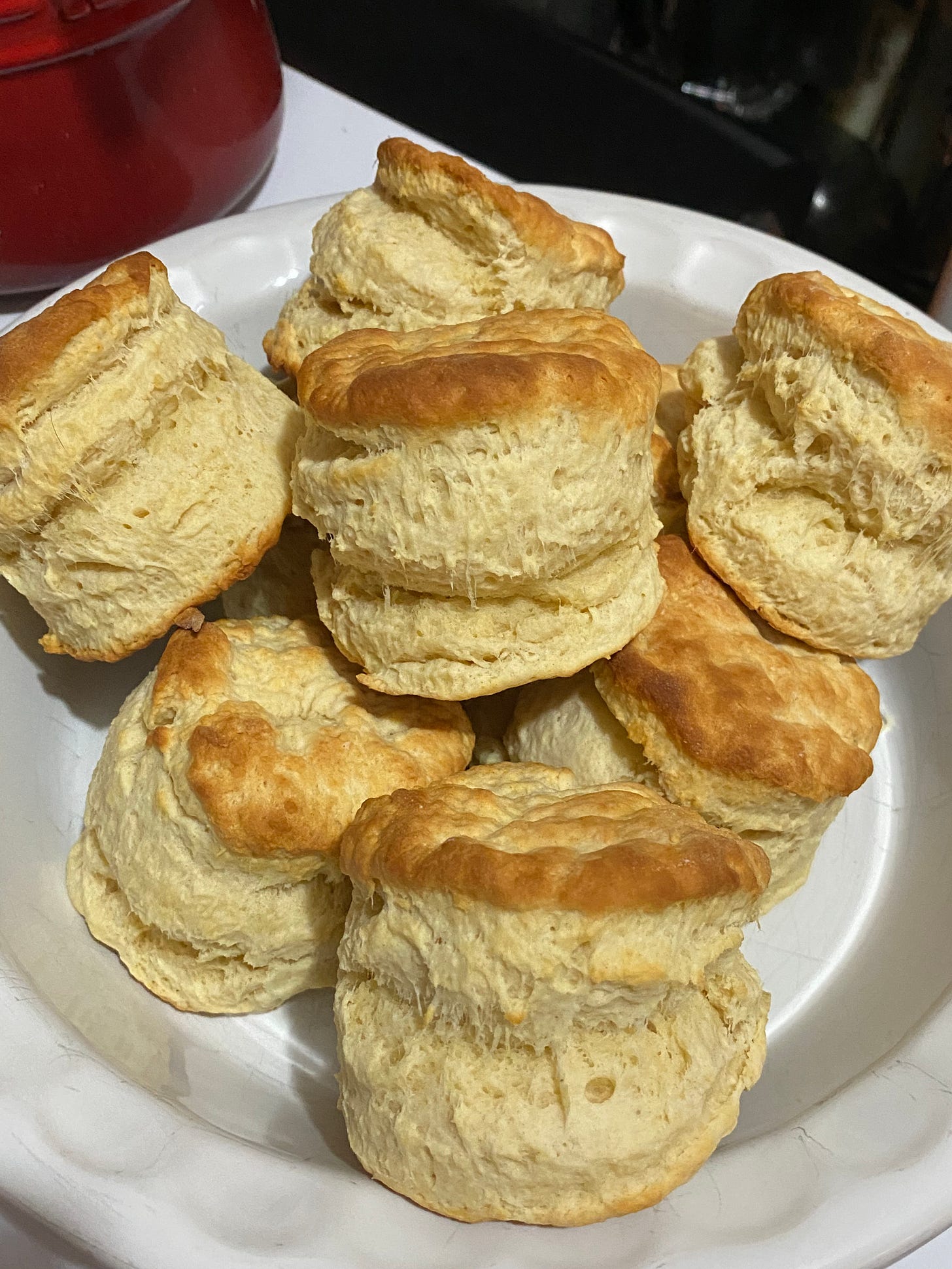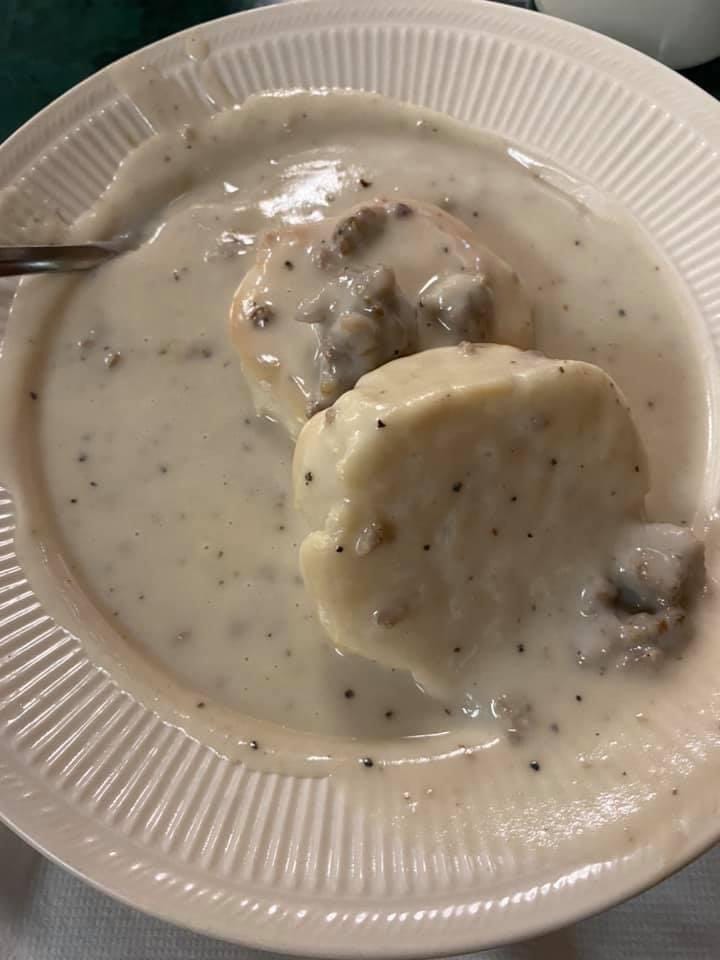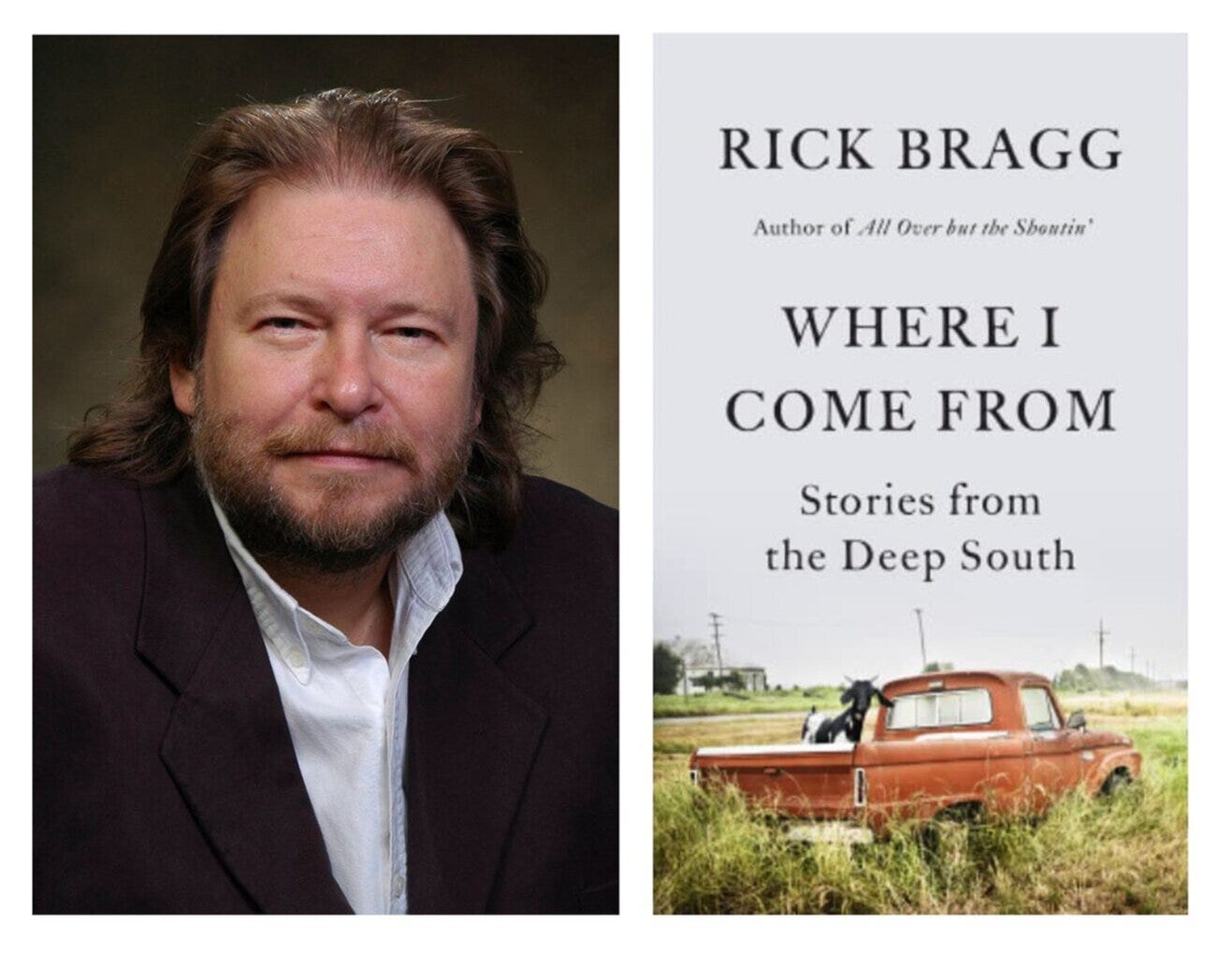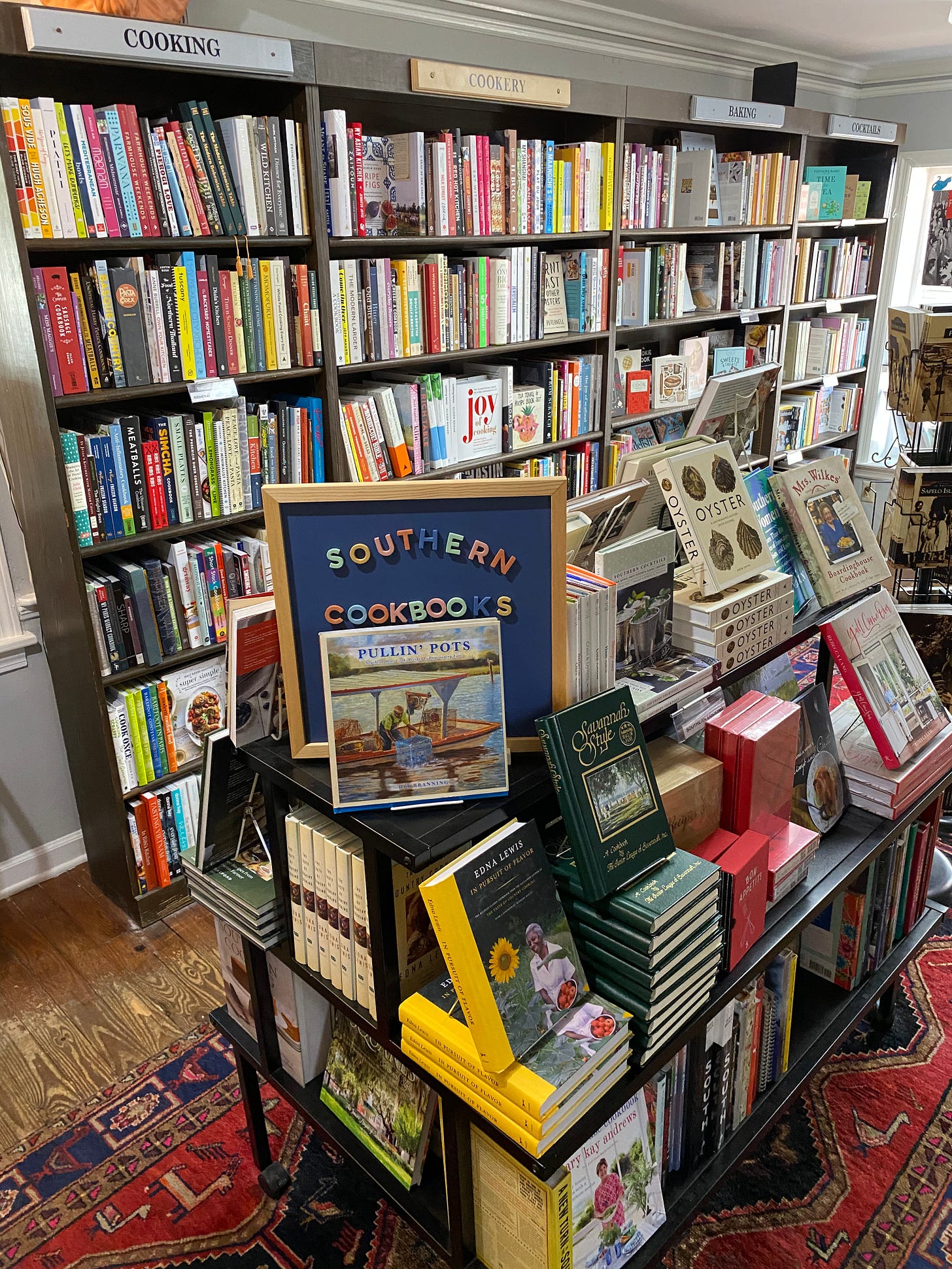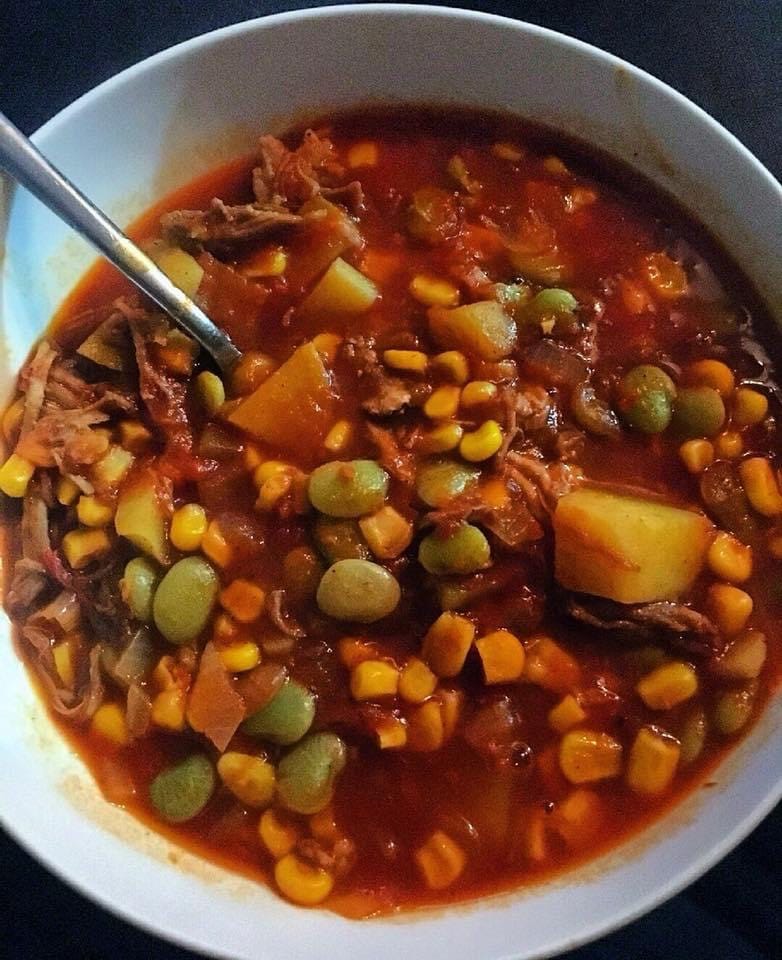They say you can’t get good biscuits in the North, but I know that’s not true, because my favorite biscuit recipe comes from the New York Times. No kidding. Sam Sifton’s ‘All Purpose Biscuit’ recipe never fails me.
I made a batch of them this weekend in my tiny Manhattan kitchen, and took great pleasure when the compliments and recipe requests poured in from my friends in the Georgia after I posted a few pics online.
Here’s my secret: be sure your tablespoons of baking powder are heaping if you want a good rise… And make certain that baking powder is fresh! Baking powder looses its oomph after about 6 months sitting in the cupboard. Use outdated baking powder and your biscuits will be flat as coaster.
It’s cold in NYC this January. It seems colder than usual this winter, but that may just be the ongoing pandemic making everything a bit gloomier.
I served a pot of sausage gravy and over-easy eggs with my biscuits this morning. That’s comfort food, and it warmed my heart and stomach.
The last time I had biscuits and gravy was at Clary’s in Savannah back in October. It was an early breakfast on the last day of my visit (they close daily at 2pm). It’s 90 degrees in Savannah in October, but I wouldnt be leaving the South without a serving of biscuits & gravy. Mentally, I visit there often.
You don’t need a recipe to make gravy, just ground sausage, flour, milk, and some common sense. Add pepper, sage, or fennel seeds to to your liking and serve it as thick or thin as you like. I prefer a chunky gravy, but the soupy type also satisfies (it certainly stretches further, if you’re low on sausage and feeding a crowd).
I’ve been reading Rick Bragg’s Where I Come From: Stories From the Deep South, which is about as comforting as a plate of biscuits and gravy. It’s filled with essays he’s written for Southern Living and Garden & Gun. (Bragg’s monthly essay on the last page of Southern Living magazine is the first thing I read when my copy arrives in the mail each month). I bought Where I Come From at The Strand, a couple of blocks from my apartment. It was hidden among the stacks down in their basement.
Bragg’s writing can make you laugh out loud and shed a few tears all on the same page. He makes me yearn for the South: an effect he’s known to have on his readers living north of the Mason Dixon line.
I get a letter almost every few months from an exile, or expatriate, from some lost Southerner who dreams of home. It’s not that they’re unhappy where they are, only that they slip, now and then, into their idea of home, an idea polished by distance, or time.
They usually begin with something like: “I’m standing with my feet frozen to the sidewalk in Pittsburgh, and…” I understand it, because I have been frozen to many sidewalks, myself.
Once, I think I might have actually died , but it turns out I was just in Utah.
I, myself, haven’t written Bragg such a letter (yet), but I did order another book of his essays, My Southern Journey: True Stories from the Heart of the South, from E. Shaver Booksellers in Savannah, where his books are featured proud and prominently.
E. Shaver is my kind of bookstore. It’s filled with fantastic regional titles and a cookbook section that’s downright dangerous! It’s also staffed with a small crew of shop cats, lounging amongst the literature.
I couldn't resist also ordering a copy of the renowned Gullah Geeche cookbook, Bress ‘n’ Nyam (”bless and eat”) by chef Michael Raiford, a sixth generation farmer from costal Brunswick, Georgia.
Being from Brunswick, I’m hoping Raiford’s cookbook contains a recipe for Brunswick Stew. The New York Times certainly doesn’t have one!
For those who do not hail from the land of Spanish Moss and Cheerwine: Brunswick Stew is a tomato based stew ubiquitous on menus in the south, containing corn, beans, potatoes, and small game meat.
Some folks argue that Brunswick Stew originated not in Brunswick, but on Saint Simons Island or even in Virginia. All parties generally agree, however, that it first appeared after the Civil War: a recipe created by freed slaves utilizing small game meat like squirrel and possum. Most likely the recipe originated from the Gullah Geechee, descendants of West African slaves from the costal regions of Georgia, Florida, and the Carolinas.
Despite what you may hear, you CAN make Brunswick Stew without squirrel or possum. I find chicken and pulled pork work just fine.
Some purists insist Brunswick Strew should only be served as a side dish, and never as a main course. I disagree. The only thing I want along side my Brunswick Stew is cornbread or a biscuit.
It’s only January, so I figure I’ve got about three more months of comfort cooking ahead. Biscuits and Gravy, Brunswick Stew, some Cheddar Cheese Grits… I’ll be making a menu of Southern classics to get me through this New York winter. My favorite recipes taste just as good coming from my Manhattan kitchen. Maybe even better.





